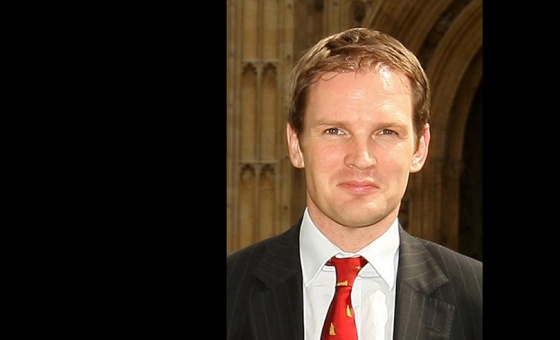This is the last article you can read this month
You can read more article this month
You can read more articles this month
Sorry your limit is up for this month
Reset on:
Please help support the Morning Star by subscribing here
Intervals
Marianne Brooker, Fitzcarraldo Editions, £10.99
IN MY 2007 memoir Take Me Home (Granta, now out of print), I suggested that “care is a kind of siege, a war of attrition.” A large part of caring, I argued, consists of biding time, waiting for something to happen: “for the symptoms to change, for … the pill cycles to kick in or kick out,” for the sick person “to capitulate … without input from [their] … own volition.”
But what, I wonder now, is the end-game here? What if caring is sometimes simply, in essence, waiting for the sick person to die? What does it mean for care, the carer and the sick person when the intended goal is death? Can the carer still then be considered a “good carer”?
These are the questions posed by Marianne Brooker’s insightful and important new memoir, Intervals. For Brooker, “the practices of care go on and on,” to death and “even … after someone has died.”
In 2009, Brooker’s 40-year-old mother was diagnosed with primary progressive multiple sclerosis. Ten years later, suffering from immobility and intense pain, her mother decided on VSED (voluntarily stopping eating and drinking) as a way of ending her now-unbearable life. Brooker moved in and cared for her during those last few days and weeks. In part, Intervals is about that harrowing experience of caring for a loved one who has chosen to die.
It is also about the right to choose more generally. While assisted dying is still illegal in the UK, VSED exists in a legal grey area, whereby medical professionals can at least provide support and pain relief to those who are desperate enough to choose this route. But Brooker is less concerned with the oft-rehearsed legal and ethical dilemmas surrounding assisted dying than with the overlooked socio-economic implications of care, and what she calls the “good enough death.”
“The question is not,” she writes, “whether … assistance in death [is] possible or inherently ethical, but whether … our innovations will be compromised by existing [social and economic] inequalities.”
This question feels particularly pressing for Brooker’s mother, who was first diagnosed with MS as the UK was on the brink of a decade of Tory austerity. She subsequently “weathered three changes in the benefits system … the meagre support diminishing with each new change of face.” Under this system, Brooker claims, “disabled people — once a source of compassion and care — had become an object of suspicion, demonisation and contempt.”
Brooker shows how care is enmeshed in and determined by economics, and how “society makes a burden of our most basic needs.” If care is a siege, the “weapons” it employs are shaped by the carer’s and patient’s financial situation, social class, access to a wider infrastructure, and so on.
Among our “most basic needs” access to a “good enough death” is also determined by these forces. As Brooker points out, travelling to Dignitas in Switzerland — the well-known provider of assisted dying — is prohibitively expensive for most people. So her mother felt compelled to resort to VSED, as the only viable (and legal) option remaining. A painful death was, she felt, better than an even more painful life.
Still, through her mother’s determination to live her own life and die her own death, Brooker says she learned that “another world is possible and our imaginations needn’t be confined to the limits we have been taught to observe.” Austerity and the ideology of blame which accompanies it are not the only possibilities. There are alternative worlds, maybe even ones where care isn’t a siege, and ultimately Intervals holds out hope for a fairer world.
“Fairness,” writes Brooker towards the end of the book, “inflects assisted dying such that we must argue for choice in its broadest sense: not singularly for a lethal drug that terminally ill people can (but needn’t) choose, but for a whole range of support to ensure all people can live and die well: social care, healthcare, palliative care, housing, transport, and sufficient food and heating.”
Jonathan Taylor is an author, critic and lecturer. His most recent book is Scablands and Other Stories (Salt, 2023). He teaches Creative Writing at the University of Leicester.











